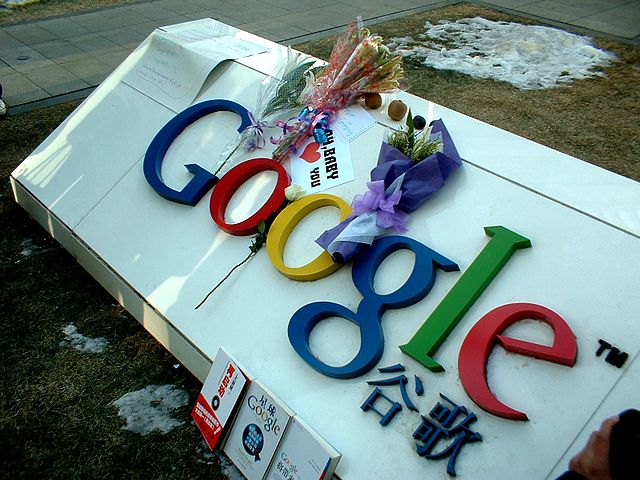
While international hacking episodes linked to the governments of Iran, Syria, North Korea, and China have received widespread attention, media outlets often underreport government use of these tools against their own citizens.
On May 15, for instance, the OSCE expressed concern over the implementation of Azerbaijan’s new defamation laws ahead of the October 2013 presidential elections, but this has not received much Western media attention. As the internet develops with creativity and expression, so, too, do the efforts of governments to suppress information from their populations.
China is the best-documented case of state sponsored internet suppression, one that has continued for over a decade despite massive growth in internet usage. The Golden Shield project (a.k.a. the Great Firewall of China) originated in an attempt to silence political dissent, and has continued to be one of the most successful systems to prevent information distribution within a country’s borders. Since China introduced the internet in 1994, its government has had to come up with more elaborate ways to stymie the flow of information, or at least to prune it carefully. The government incurred a significant economic burden as it continued sifting through what it perceived as potentially harmful data and deleting content. By 2002, the cost of the Golden Shield project had reached roughly $800 million.
Russia, on the other hand, has taken a very different approach to internet censorship, avoiding the huge costs and the need to delete content. As the Agence France-Presse (AFP) reported in 2008, “the Internet is the freest area of the media in Russia, where almost all television and many newspapers are under formal or unofficial government control.” But in a country where the information is easy to distribute, how can the government remove incentives for posting this kind of information? Kremlin strategists decided to use the tried-and-true method of kidnapping, abuse, threatening, and overloading citizenry with state-run media, attempting to simply dilute the voice of the opposition through massive misinformation campaigns.
Caught between these two giants’ examples are those developing countries that still have to choose what kind of internet governance they will develop. Kazakhstan, for example, has had incredible internet growth, primarily due to their Information Kazakhstan 2020 program, which promises to create 100 percent internet literacy by decade’s end through infrastructure development and public educational systems. However, at the same time, Kazakhstan implemented systems that brought the ire of free internet advocates worldwide when the government announced that websites with the “.kz” attribute must have their servers physically located within their borders, making censorship much easier for the government to accomplish.
And this is not something new for Kazakh leadership; censorship of significant conflicts and opposition websites has only increased over the last five years, particularly during the last election cycle, where opposition sites were blocked months before the elections even took place. This malicious creativity has produced a system that more efficiently controls information, creating an optimal system of suppression without incurring the dramatic costs that China has had to bear and without gaining the same brutal notoriety that Russia has maintained.
On the other hand, Kazakhstan’s efforts have not necessarily shackled their IT sector’s future. Under this system, they have increased internet usage exponentially (from eleven percent in 2008 to sixty-two percent today), improved their educational system’s efficiency (a 15% increase in academic performance in schools that introduced e-learning over the last two years), and only a few months ago rolled out their mobile e-government program, making it significantly easier to register new businesses, pay taxes, and connect with their government.
The internet is a constantly evolving entity, and so authoritarian regimes that wish to suppress free speech and constrain their population’s information access must constantly adapt to new. Humans are rather resilient and clever in meeting their desire for knowledge, as evidenced by the methods used to grant Egyptian revolutionaries internet access during the Arab Spring or the depths of Tor, the ever-expanding anonymity network that allows thousands of users to post controversial matter without risk of recourse. Eventually, massive censorship will simply be cost prohibitive. But for now, citizens of partly free nations must persevere in these difficult times and continue to adapt to the constantly changing censorship structures that prevent real transparency and progress.
Andrew Ellis is an intern with the Council’s Eurasia Center.
Photo credit: Wikimedia
Image: 640px-IllegalFlowerTribute1.jpg
